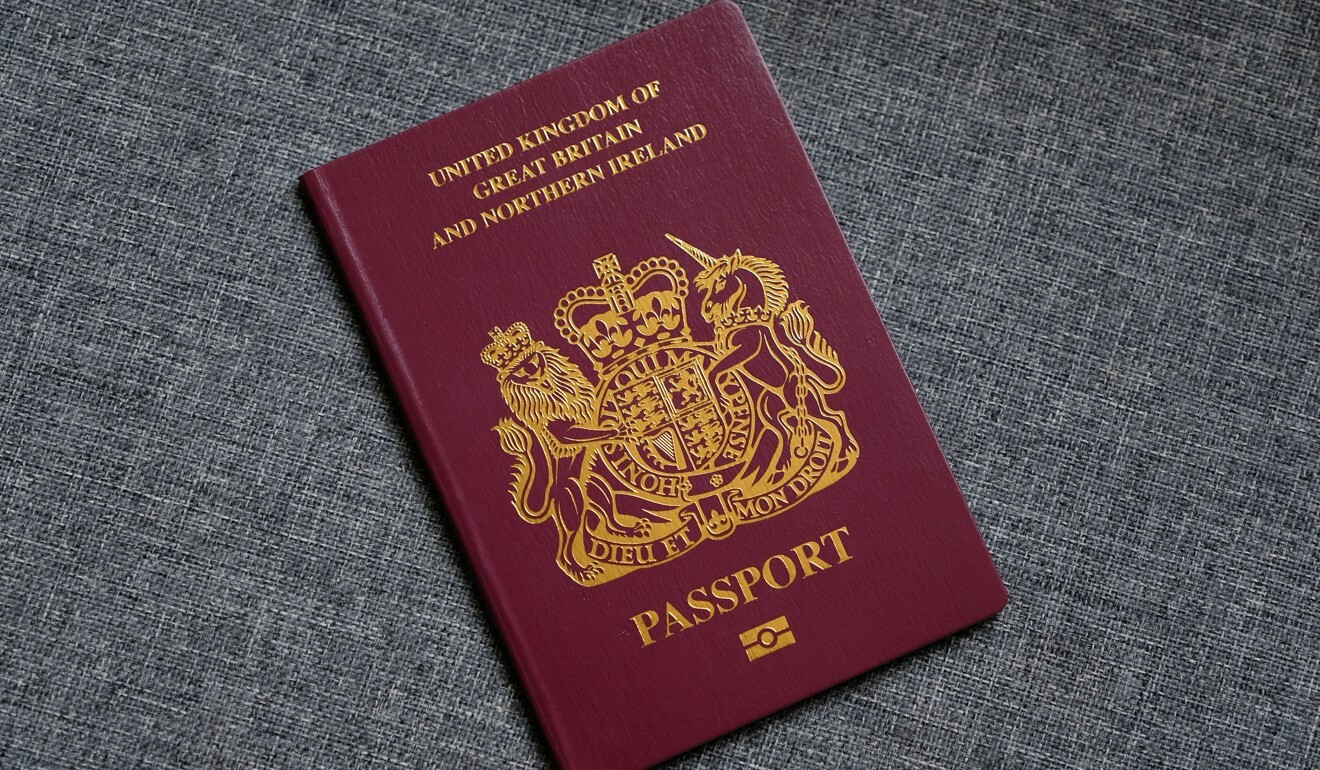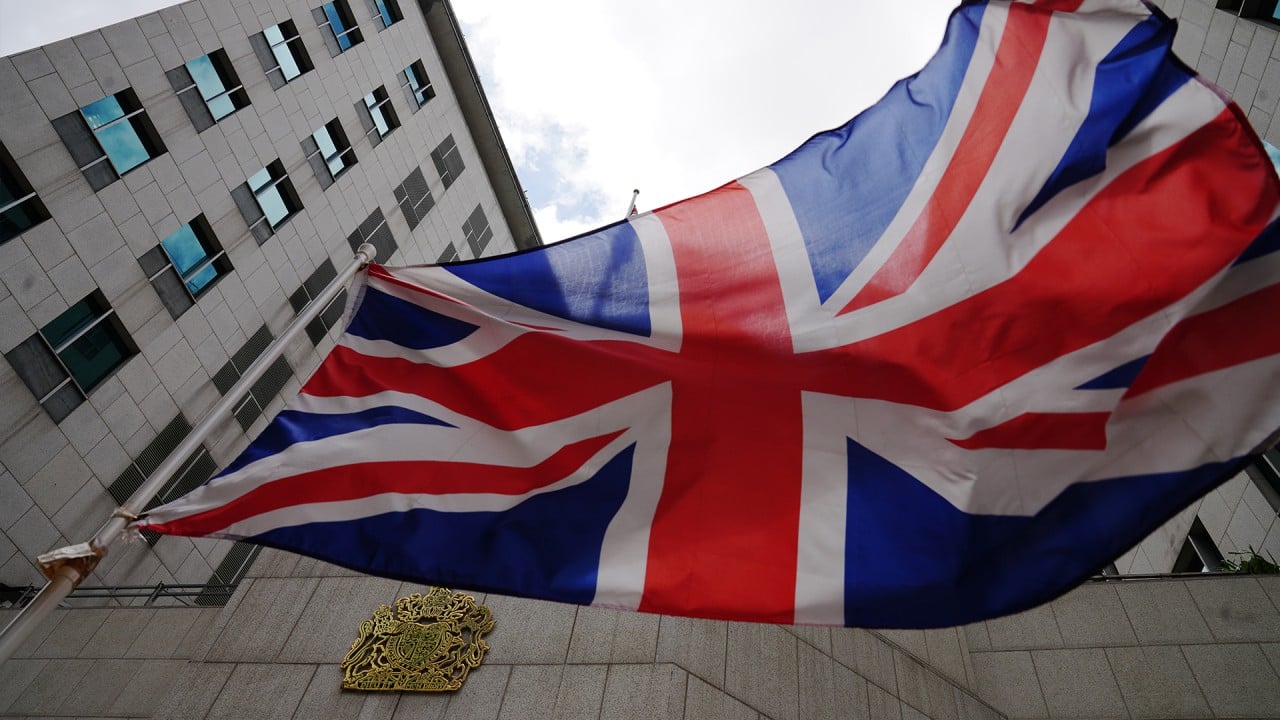
What does Beijing’s current silence over Britain’s citizenship offer to Hongkongers mean for the fate of BN(O)?
- China signals wait-and-see approach for its inevitable retaliation against Britain opening a route to citizenship for millions of Hongkongers
- But however Beijing strikes back, pragmatism should prevail to allow Sino-British relations to survive the row, even if the BN(O) arrangement doesn’t

Ahead of Britain’s expected roll-out of application details by the end of January, China’s top legislative body held a special, three-day meeting last week amid speculation that retaliatory measures were being mulled. Intriguingly, this gathering of the Standing Committee of the National People’s Congress ended without any mention of Hong Kong issues.
Neither Beijing nor London is free from political risks.
When Britain came up with this idea to needle China, it should have realised this was purely a political decision which would have political consequences.
Beijing will no doubt hit back, but will it be in a drastic or measured way?
Chief Executive Carrie Lam Cheng Yuet-ngor earlier said her administration had not discussed the matter. She was stating the truth because only Beijing can call the shots on nationality.
The standing committee’s silence suggests a wait-and-see approach for the time being. It is also a sign of Beijing’s cautious calculation as to how far it should go: introduce a blanket ban on Hongkongers holding dual nationality, as proposed by certain pro-establishment heavyweights; or limit it to blocking that pathway to British citizenship.
From ‘favourite’ to ‘spoiled child’ – what’s next for Hong Kong?
There are around 350,000 BN(O) passport holders, plus another about 2.9 million eligible applicants, in Hong Kong. Many Hongkongers also hold dual nationality through various foreign passports, a reality long recognised by Beijing. Meanwhile this city is home to a substantial community of foreigners with the right of abode after spending seven years here, and many love Hong Kong as much as the locals do.
Governments all over the world have different nationality policies, while restrictions for certain key offices and sensitive jobs are not uncommon. A passport is a symbol of national loyalty, but arguably not necessarily the only measurement.
Back in the 1930s, paramount Chinese leader Mao Zedong once had high praise for a Canadian Communist Party member, Dr Norman Bethune, for his great contribution to the Chinese Communist Party’s revolutionary course. He is honoured in China to this day.

03:14
UK unveils details of citizenship offer for Hongkongers with BN(O) passport holders
Britain’s new BN(O) offer was decided when Donald Trump’s administration was in power. Beijing regarded it as part of the anti-China campaign by Washington’s allies.
If the abysmal state of Sino-US ties can be of any reference, Beijing did not break up with Washington then, and is now seeking an improved relationship with US President Joe Biden’s new administration.
Good sense and pragmatism should prevail for Sino-British relations to survive this citizenship row.
Hongkongers deserve more than just being ‘alive’ in 2021
Beijing’s latest signal can be seen as a more targeted approach instead of dragging in the more complex dual-nationality issue to involve a wider public right now, which would lead to far more complicated legal issues.
It may be hard to turn the tide with diplomacy, but the reality must be assessed accurately with maximum national interests in mind. How far this new BN(O) route can go depends on the bargaining powers of Beijing and London, and how they conform with reality on the international stage.
For Hong Kong applicants, it is a personal or family choice, which requires equally thorough consideration including all the diplomatic wrangling.

